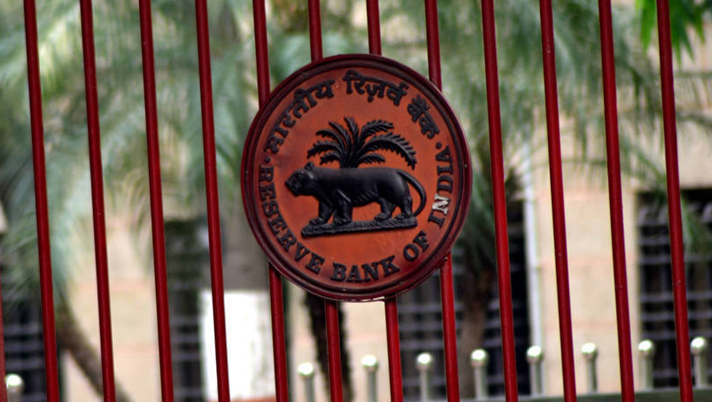Ghana's Crackdown on Corruption: Former Finance Minister Among Those Targeted in 'Loot Recovery' Drive

Ghana's Anti-Corruption Drive Intensifies, Targeting High-Profile Figures
Ghana is witnessing a significant escalation in its fight against corruption, with the government vowing to 'recover all loot' allegedly acquired through illicit means. This intensified campaign has placed several high-profile individuals under scrutiny, most notably former Finance Minister Ken Ofori-Atta, sparking debate and accusations of political vendetta.
The government's resolve to tackle corruption has been a recurring theme in recent years, but the current wave appears to be more aggressive and far-reaching. Authorities have indicated that they are pursuing a wide range of cases, involving both current and former public officials, with the aim of recouping assets believed to have been obtained through corrupt practices.
Ken Ofori-Atta and the Allegations
The inclusion of former Finance Minister Ken Ofori-Atta in the investigation has drawn considerable attention. While details of the specific allegations against him remain somewhat unclear, his position as a key figure in the previous administration has made him a prominent target. Ofori-Atta and his supporters have vehemently denied any wrongdoing, characterizing the campaign as politically motivated and vindictive.
They argue that the timing of the investigations, coinciding with a period of political transition, raises concerns about their impartiality. Furthermore, they claim that the accusations lack concrete evidence and are being used to tarnish Ofori-Atta's reputation.
Government's Stance and 'Loot Recovery' Strategy
The government, however, remains steadfast in its commitment to the anti-corruption drive. Officials insist that the investigations are being conducted fairly and transparently, and that they are based on credible evidence. They emphasize that the 'loot recovery' strategy is not about political persecution, but about holding individuals accountable for their actions and recovering stolen public funds.
The government has outlined a comprehensive plan to track down and seize assets linked to corruption, both within Ghana and abroad. This includes collaborating with international law enforcement agencies and financial institutions to trace illicit funds and ensure their repatriation.
Impact and Future Outlook
This anti-corruption drive is occurring at a crucial time for Ghana, as the country grapples with economic challenges and seeks to strengthen its governance structures. The outcome of these investigations and the success of the 'loot recovery' efforts will have a significant impact on public trust in government and the country's overall development trajectory.
While the campaign has been lauded by some as a necessary step to combat corruption, others remain skeptical, questioning its fairness and potential for abuse. The coming months will be critical in determining whether Ghana can successfully navigate this complex situation and deliver on its promise of a more transparent and accountable government. The focus will be on ensuring due process, upholding the rule of law, and demonstrating a genuine commitment to fighting corruption at all levels of society.






